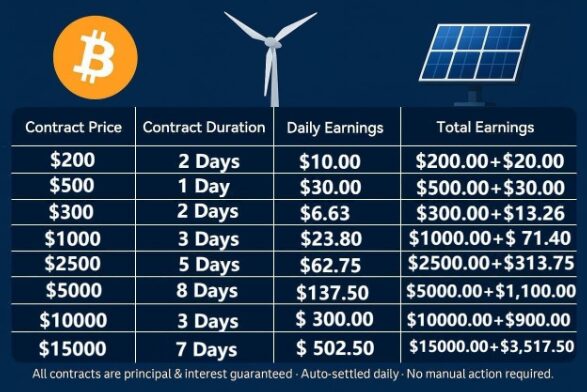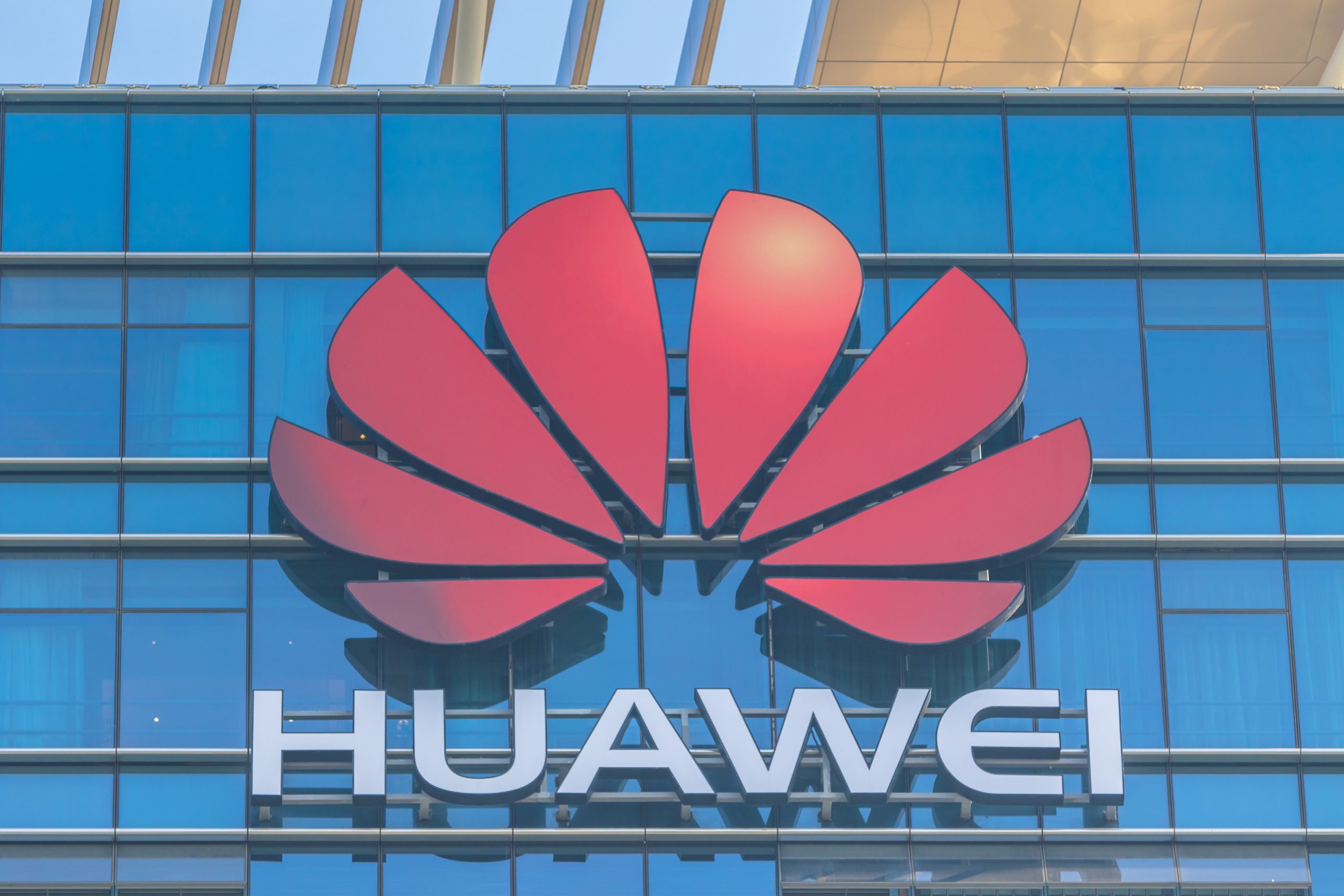Côte d’Ivoire is driving one of Africa’s most ambitious digital transformations, aiming for a fully paperless government by 2030.
Karen Diallo, Director of Digital Transformation in Côte d’Ivoire’s Ministry of Digital Economy, is at the centre of one of West Africa’s most ambitious public sector modernisation programs, PARAE (Programme d’Appui à la Réforme de l’Administration de l’Etat) project. As the country wraps up its current digital strategy and drafts a new roadmap for 2026–2030, Diallo’s team is pushing to unify services, invest in AI, support startups, and—eventually—make paper government processes obsolete.
spoke to Diallo on the sidelines of the Cyber Africa Forum. In this conversation, she discusses Côte d’Ivoire’s priorities around artificial intelligence, the role of local startups in public procurement, and why the country is betting big on connectivity and digital identity infrastructure.
This interview has been edited for clarity and length.
Can you walk us through some of the most transformative pillars of Côte d’Ivoire’s digital strategy?
We’re currently closing out the 2021–2025 digital strategy, so we’re already drafting the next one for 2026–2030. But for this phase, three projects stand out. First is interoperability: we’re building a system that gives citizens unified access to all public services from a single platform. Second is the national digital ID. And third, we’ve launched an access gateway that lets people request any public document or information in one place.
We’re also investing heavily in AI and digital governance. We released strategies for both earlier this year and are now calling for investment to implement them. And of course, rural connectivity is a major focus, ensuring people outside cities can access digital services.
Tell us more about Côte d’Ivoire’s AI strategy. What’s the framework for it?
It’s built on three pillars: inclusiveness, investment, and governance. Every AI-related project must align with at least one of these. We’ve identified health, education, and agriculture as priority sectors, though we acknowledge that AI will impact everything.
Right now, we’re working closely with stakeholders in these sectors to define use cases that are both impactful and locally viable, culturally and infrastructurally. We’re also working to establish a national AI agency that will coordinate these efforts.
You’ve mentioned support for startups. What’s Côte d’Ivoire doing to strengthen the startup ecosystem?
This is the place to be if you’re a startup in West Africa. The ecosystem is booming. We’ve passed a new startup law to make it easier for early-stage companies to access government contracts. Startups typically don’t meet the eligibility criteria for public tenders, but we’re changing that through what we call a “levelisation” process, essentially granting certified startups access to public markets.
We also launched a national innovation hub called IvorTech. It’s located in Abidjan’s Plateau district and supported directly by the President’s office. It acts as a resource center, whether you need funding, training, or basic information to launch. There’s also an on-site incubator, though it only started operations recently.
How else is the government supporting startups financially or otherwise?
Beyond direct funding, our support is structural and visibility-oriented. IvorTech helps startups develop business capabilities, connect with funding opportunities, and access critical networks. We even took 20 Ivorian startups to VivaTech in Paris to spotlight their work globally.
We’ve also created CI20, a coalition of 20 leading local startups—sort of our own unicorn pipeline—to drive sector innovation in fintech, healthtech, and more.
As someone working on public digital services, how are you approaching modernisation within the government itself?
My job is to harmonise digital efforts across ministries in Côte d’Ivoire. Today, every department has its digital budget and projects, which creates silos and inefficiencies. Our role is to coordinate, prevent duplication, and ensure that funds, talent, and timelines are used effectively. We’re also focused on interoperability and digital identity as foundational layers to enable cross-ministerial data sharing and service delivery.
Looking ahead to 2030, what’s your long-term vision?
Zero paper. That’s the dream, digitising everything. To get there, we’re building out infrastructure like a national data center, as well as backend systems that allow seamless communication between government departments and digital IDs for citizens. All of this creates the foundation for fully paperless administration.
What’s one common misconception about Côte d’Ivoire’s digital future that you disagree with?
People say we won’t succeed in digitising our public services in Côte d’Ivoire because citizens are resistant to change. I don’t agree. It’s not resistance—it’s inertia. People are used to doing things a certain way. But with the right strategy and change management, we can overcome that reluctance. We just need to be patient and inclusive in how we roll things out.
We’re working across the board, but I’m currently focused on education and health. Those are the two sectors I work most closely with at the moment.
Anything else you’d like the global tech community to know?
Yes. We’re inviting investors to come to Côte d’Ivoire and help us build the digital future. The opportunities are real, and the ecosystem is ready.
Mark your calendars! Moonshot by is back in Lagos on October 15–16! Join Africa’s top founders, creatives & tech leaders for 2 days of keynotes, mixers & future-forward ideas. Early bird tickets now 20% off—don’t snooze! moonshot..com











